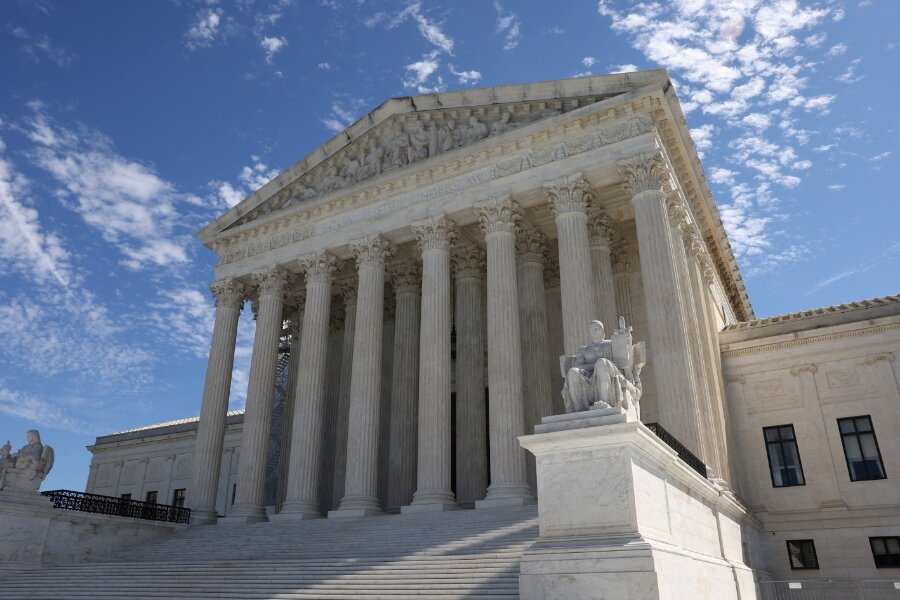On Thursday, the U.S. Supreme Court rejected an attempt from the Biden administration to avoid a lawsuit over false debt reporting. This pivotal decision now allows consumers to take legal action against federal agencies.
On February 8th, in a unanimous 9-0 ruling, the Supreme Court declared that the federal government can be sued under the Fair Credit Reporting Act (FCRA).
This law empowers consumers to take legal action against creditors for failing to fix false credit information that the consumer has requested be corrected.
The decision originated from a legal case filed under the FCRA by Reginald Kirtz, a man from Pennsylvania. His credit score was damaged after the U.S. Department of Agriculture’s (USDA) Rural Housing Service inaccurately reported on his credit history that some of his loans were overdue.
The government argued that it was protected from Mr. Kirtz’s lawsuit and sought to have the case dismissed. After several rounds of legal proceedings in lower courts, the case eventually reached the Supreme Court for review.
In June 2023, the Supreme Court agreed to review a decision by an appeals court that permitted Mr. Kirtz to sue the USDA for false debt reporting.
The key question in the case revolved around whether Congress waived the sovereign immunity of the United States from lawsuits when it amended consumer protection laws almost three decades ago.
The question presented before the Supreme Court was whether the civil liability provisions of the FCRA “unequivocally and unambiguously waive the sovereign immunity of the United States.”
“We think the Third Circuit reached the right decision in this case: The FCRA effects a clear waiver of sovereign immunity,” Justice Neil Gorsuch, a Trump appointee, wrote in the Feb. 8 opinion.
Nandan Joshi, an attorney from the Public Citizen Litigation Group who presented the case before the Supreme Court, praised the decision.
“Today’s decision confirms that federal agencies cannot escape accountability when they fail to comply with their responsibilities to consumers under the FCRA,” he said in a statement.
“As the Court explained, FCRA’s text means what it says: The FCRA allows consumers to sue any ‘person’ that violates the statute and defines ‘person’ to include any government agency,” he added.
The USDA did not immediately reply to a request for comment regarding the ruling.
Share your thoughts by scrolling down to leave a comment.













